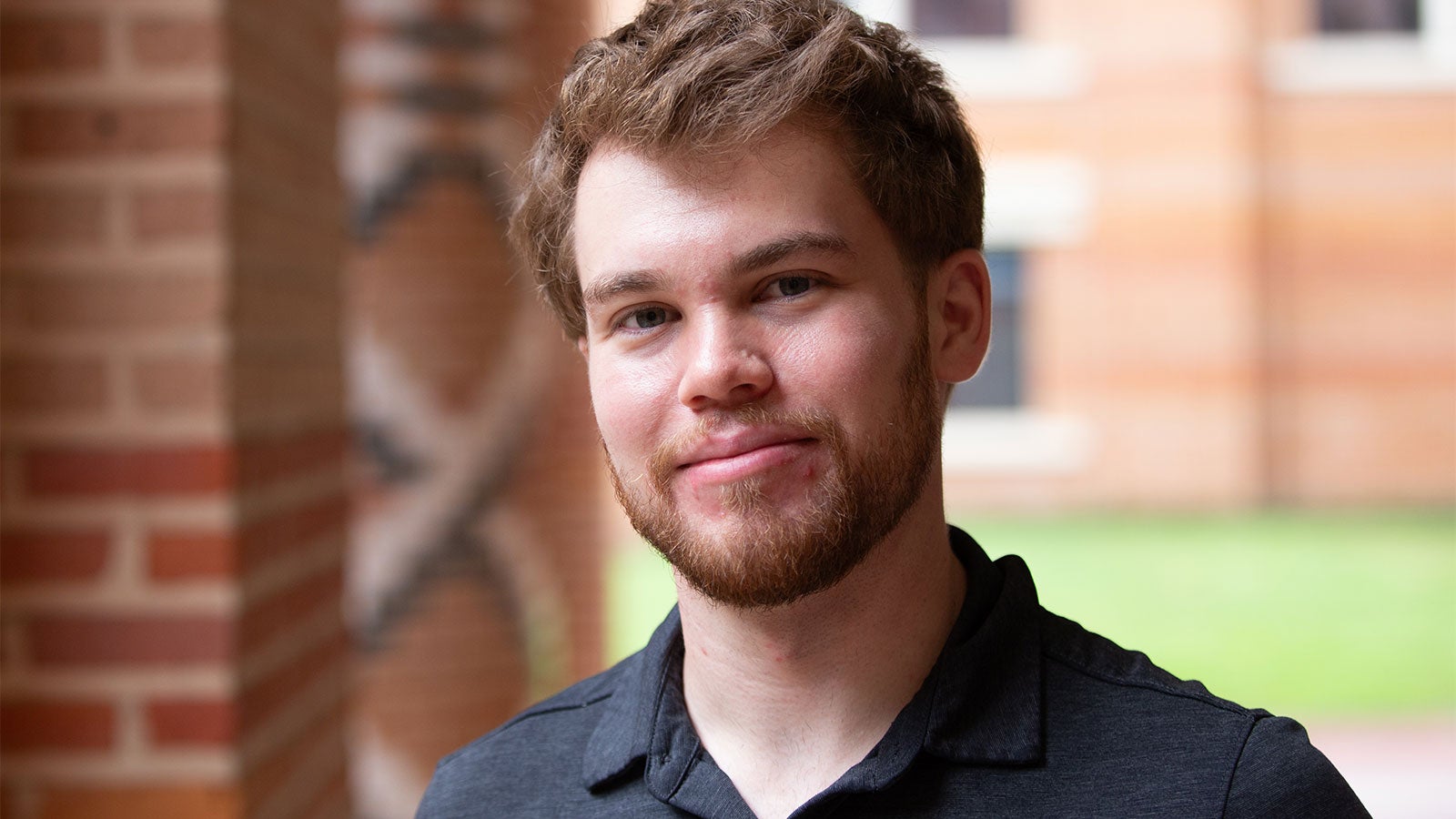Wil Thomason, a Computing Innovation postdoctoral research fellow in computer science working in the lab of professor Lydia Kavraki, will join the AI Institute as a research scientist in August 2024.
Headquartered in Cambridge, Massachusetts, the AI Institute brings together global experts in robotics, artificial intelligence (AI), machine learning, computer science, and engineering to solve fundamental problems in robotics and AI. “The AI Institute has put together an amazing team of experts in an open, collaborative culture that is going to lead to some really insightful research,” said Thomason.
Thomason’s research areas include integrated task and motion planning (TAMP), AI, and algorithms in robotics. He focuses on long horizon planning, which uses complex logic to help robots complete multi-step tasks, as well as pure motion planning problems, such as hardware-accelerated sampling-based motion planning and planning for low-risk motions that guarantee safety when robots are in unstructured, uncertain environments.
In Kavraki’s lab, he has made valuable contributions to research on integrated task and motion planning under uncertainty.
“Wil has been a force in our lab, not only advancing his own research with remarkable dedication and insight but also playing a crucial role as a mentor to many students,” said Kavraki. “His willingness to share his vast knowledge and foster critical thinking in our group has been truly invaluable.”
Thomason will bring his broad expertise in motion planning to the AI Institute. “Wil's groundbreaking research on ultra-fast motion planning and task and motion planning has ushered in a new era for the capabilities we can anticipate from tomorrow's robots,” said Kavraki.
Thomason shares that he is looking forward to joining the AI Institute in part due to its efforts to ensure ethics are ingrained in robotics as the field develops. “Part of the reason I am in robotics is because it has the potential to sincerely benefit humanity,” said Thomason. “But only if it is deployed in the right way, made universally accessible, and truly benefits everyone.”
His time at Rice—especially collaborations with Kavraki—has played a key role in his journey to the AI Institute. “[Kavraki] has been fantastic to work with and has helped identify my strengths and where I could improve, from research, grant writing, mentoring, and day to day research group operations,” Thomason said. “She has leveled me up as a researcher.”
Thomason received his Ph.D. and M.S. in computer science from Cornell University and his B.S. in mathematics and computer science from the University of Virginia.

